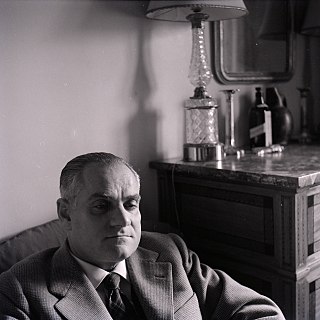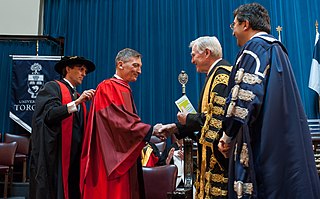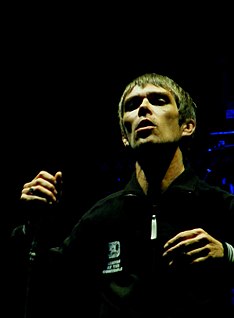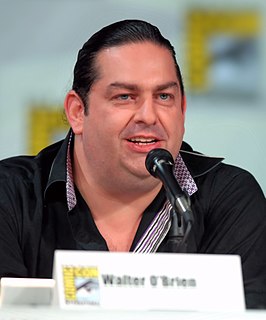A Quote by Romesh Gunesekera
I like inventing things when I write rather than autobiography.
Quote Topics
Related Quotes
I like the idea of becoming [fairly] good at lots of things rather than very good at just one thing. So it would be nice to be okay at the guitar or at the piano, a reasonable cook, perhaps able to fix your car or do some basic carpentry, and be able to write the odd article. Rather than being super good at one tiny thing, to be kind of average at lots of things. It might mean that you have a more kind of enjoyable, complete life.



































